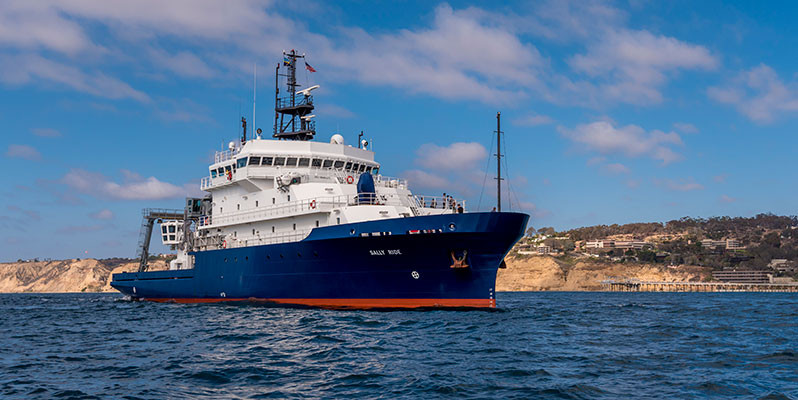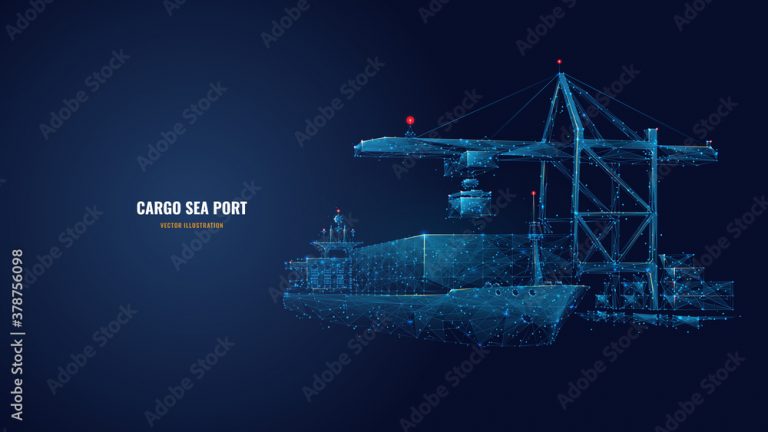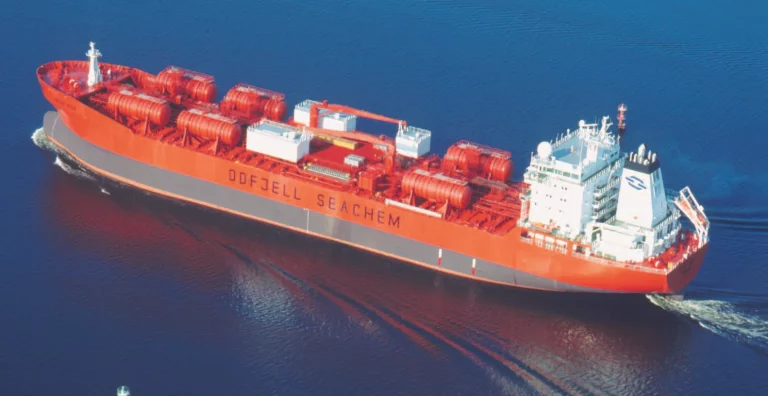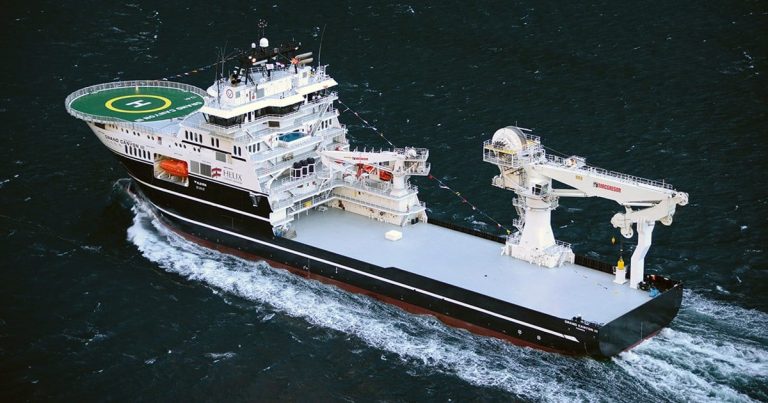
Research Ships
Research ships are specialized vessels equipped with advanced scientific equipment to conduct marine research. These vessels play a crucial role in understanding the oceans, climate change, and marine ecosystems.
Types of Research Ships
- Oceanographic Research Vessels:
- Designed to study physical, chemical, and biological oceanography.
- Equipped with sophisticated instruments to measure temperature, salinity, currents, and other oceanographic parameters.
- Fisheries Research Vessels:
- Used to study fish populations, marine ecosystems, and fisheries management.
- Equipped with advanced sonar systems, trawling gear, and sampling equipment.
- Geophysical Research Vessels:
- Used to study the Earth’s crust and mantle beneath the ocean floor.
- Equipped with seismic equipment, sonar systems, and drilling rigs.
- Polar Research Vessels:
- Designed to operate in extreme conditions, such as the Arctic and Antarctic.
- Equipped with ice-breaking capabilities and specialized scientific equipment.
Key Features of Research Ships
- Advanced Laboratories: Onboard laboratories for conducting experiments and analyzing samples.
- Specialized Equipment: A wide range of scientific instruments, including sonar systems, water samplers, and sediment corers.
- Dynamic Positioning Systems: To maintain a precise position, even in strong currents.
- Crew Accommodations: Comfortable living quarters for scientists and crew members.
- Helicopter Hangars: For deploying and retrieving smaller research vessels and equipment.
The Role of Research Ships in Scientific Discovery
Research ships have made significant contributions to our understanding of the oceans and climate change. They have helped to:
- Map the ocean floor: Discover new underwater features and resources.
- Monitor climate change: Track changes in sea temperature, ocean currents, and sea level rise.
- Study marine ecosystems: Understand the diversity of marine life and the impact of human activities on these ecosystems.
- Explore for natural resources: Identify potential sources of oil, gas, and minerals.
As technology continues to advance, research ships are becoming more sophisticated and capable of exploring even the most remote and challenging marine environments. These vessels will continue to play a vital role in addressing global challenges, such as climate change and resource depletion.
Would you like to learn more about a specific type of research ship or a particular marine research expedition?



